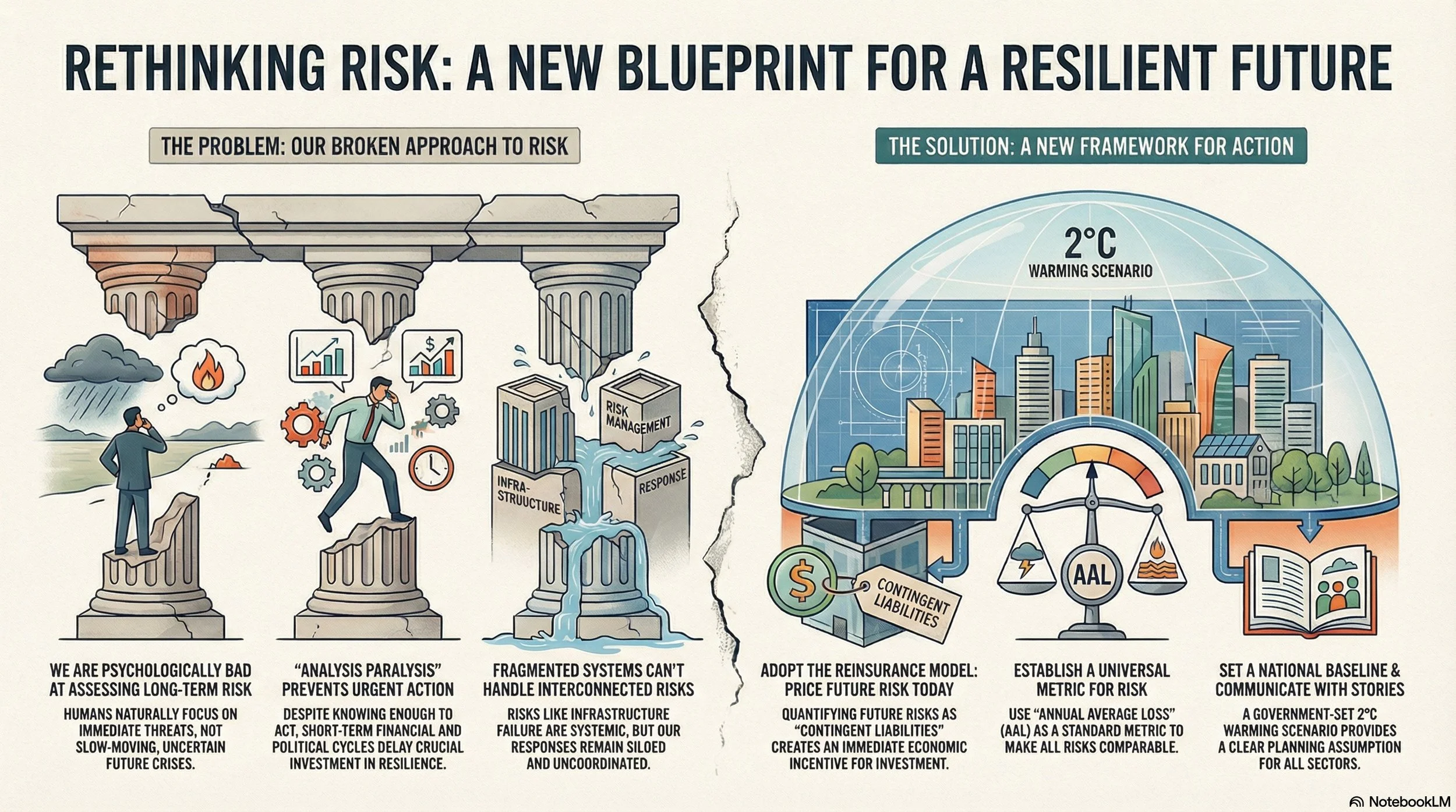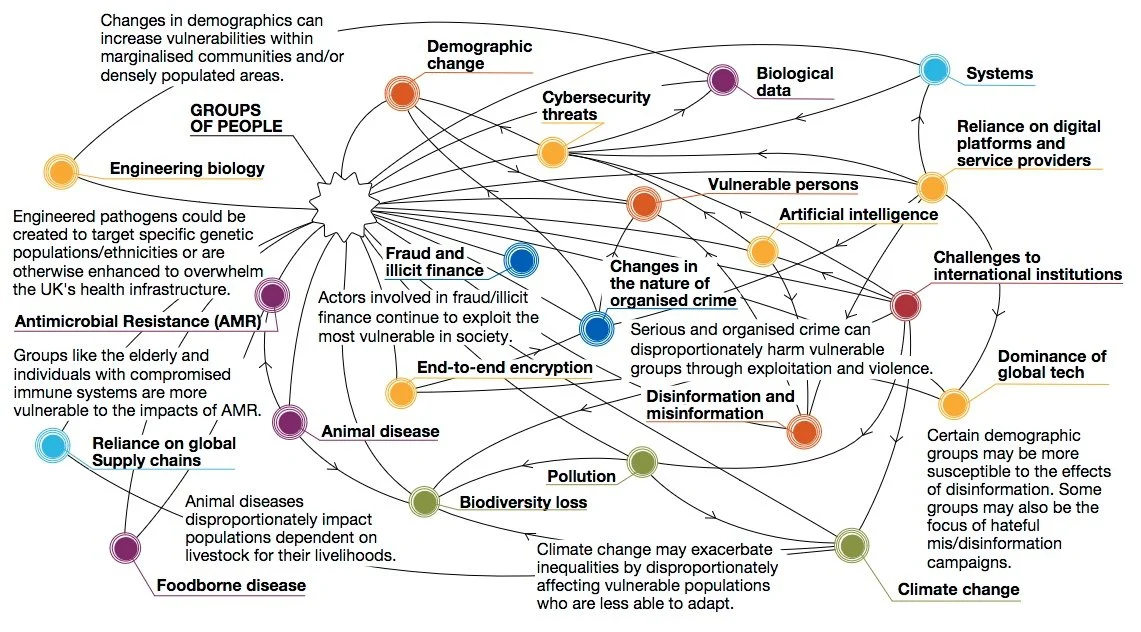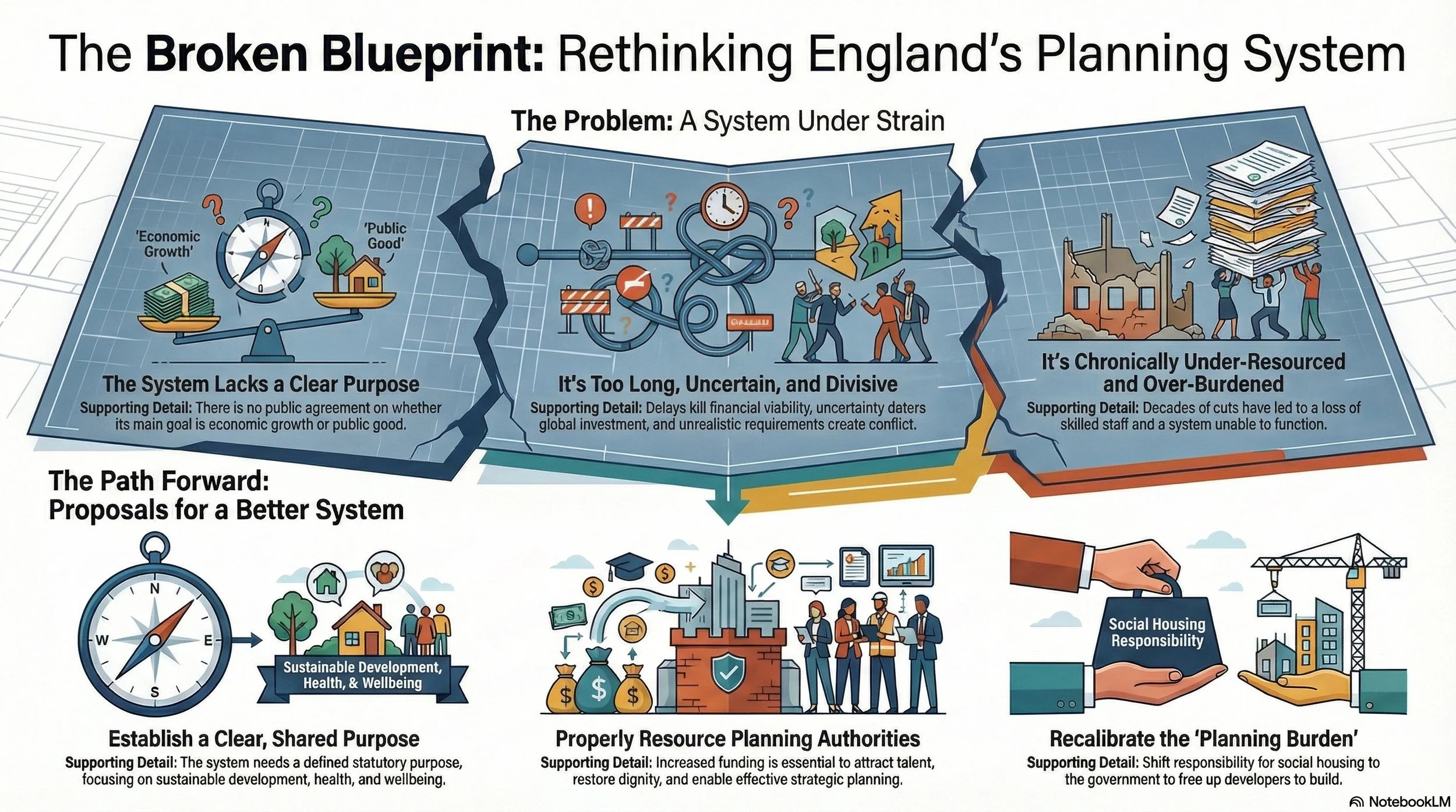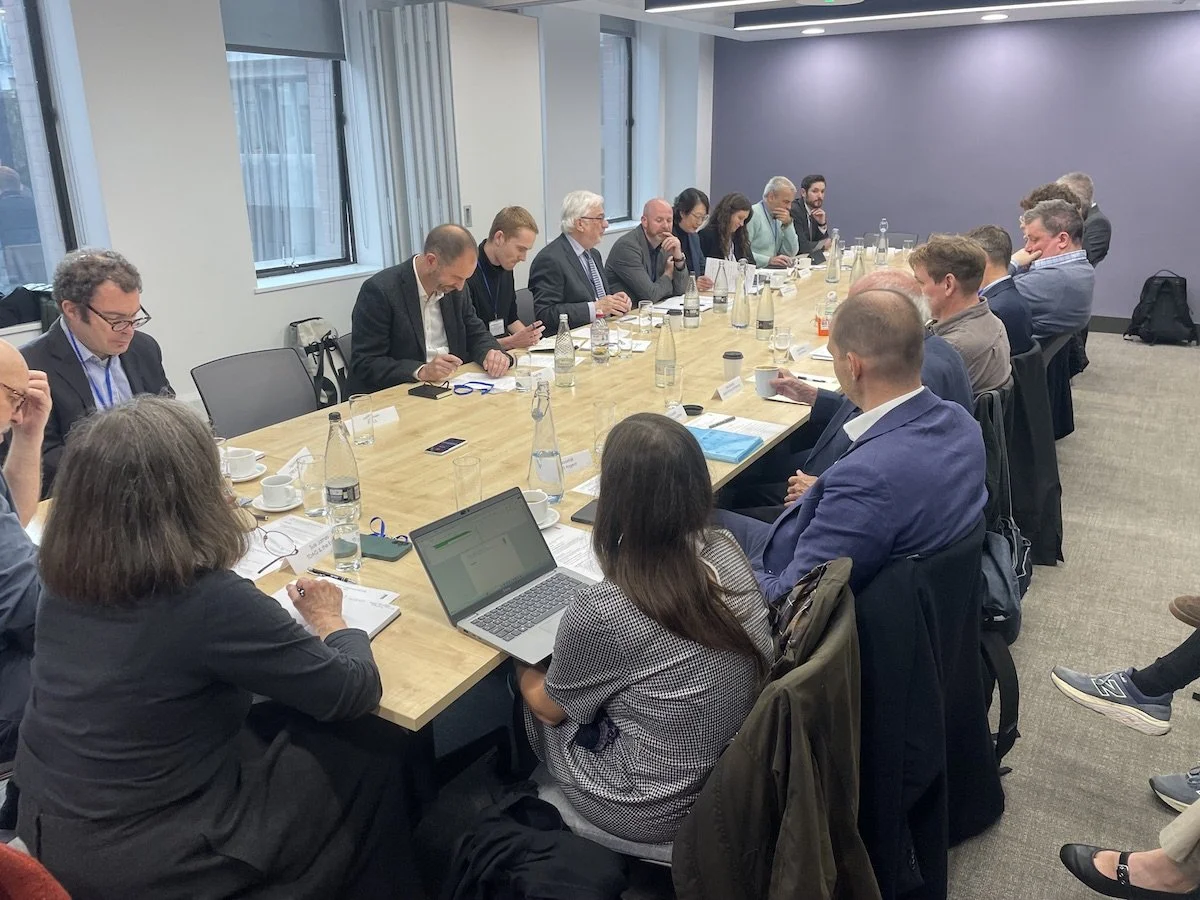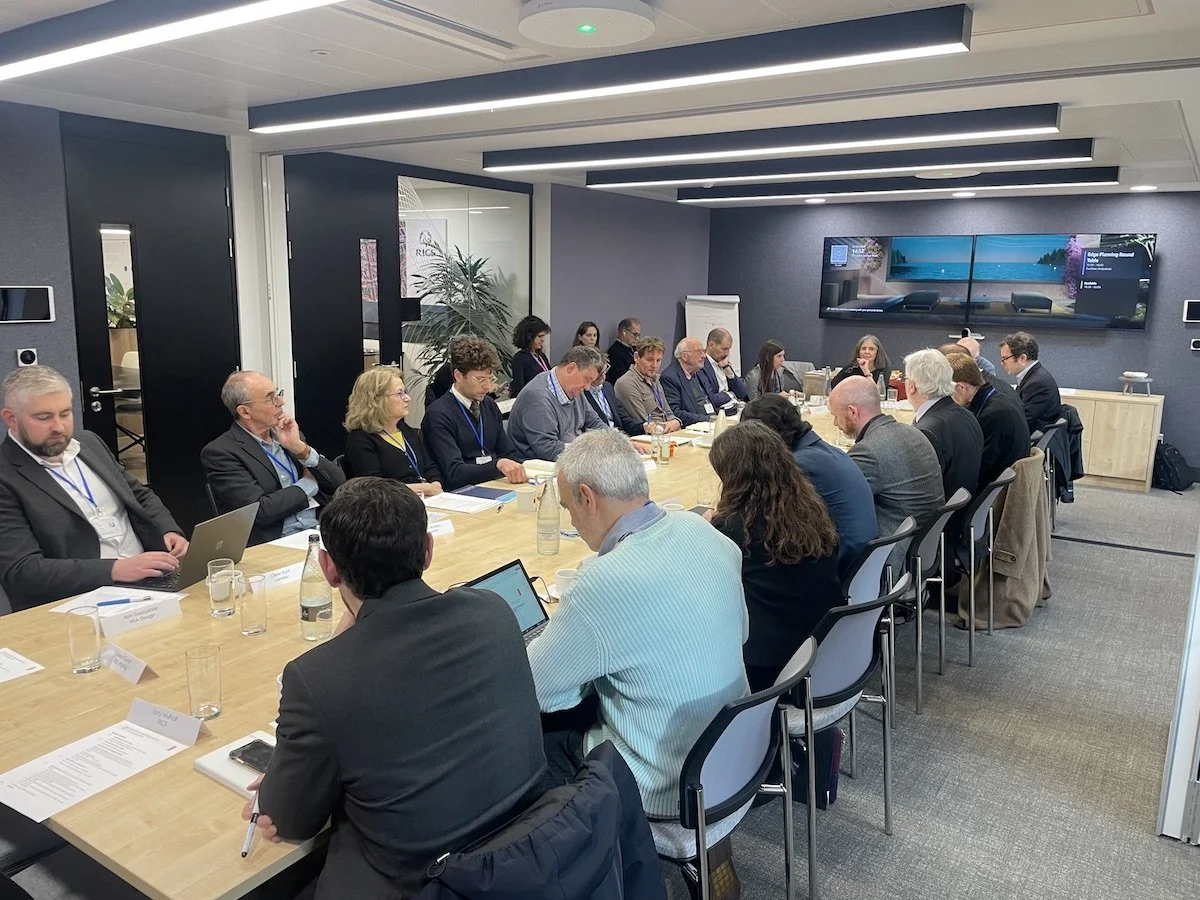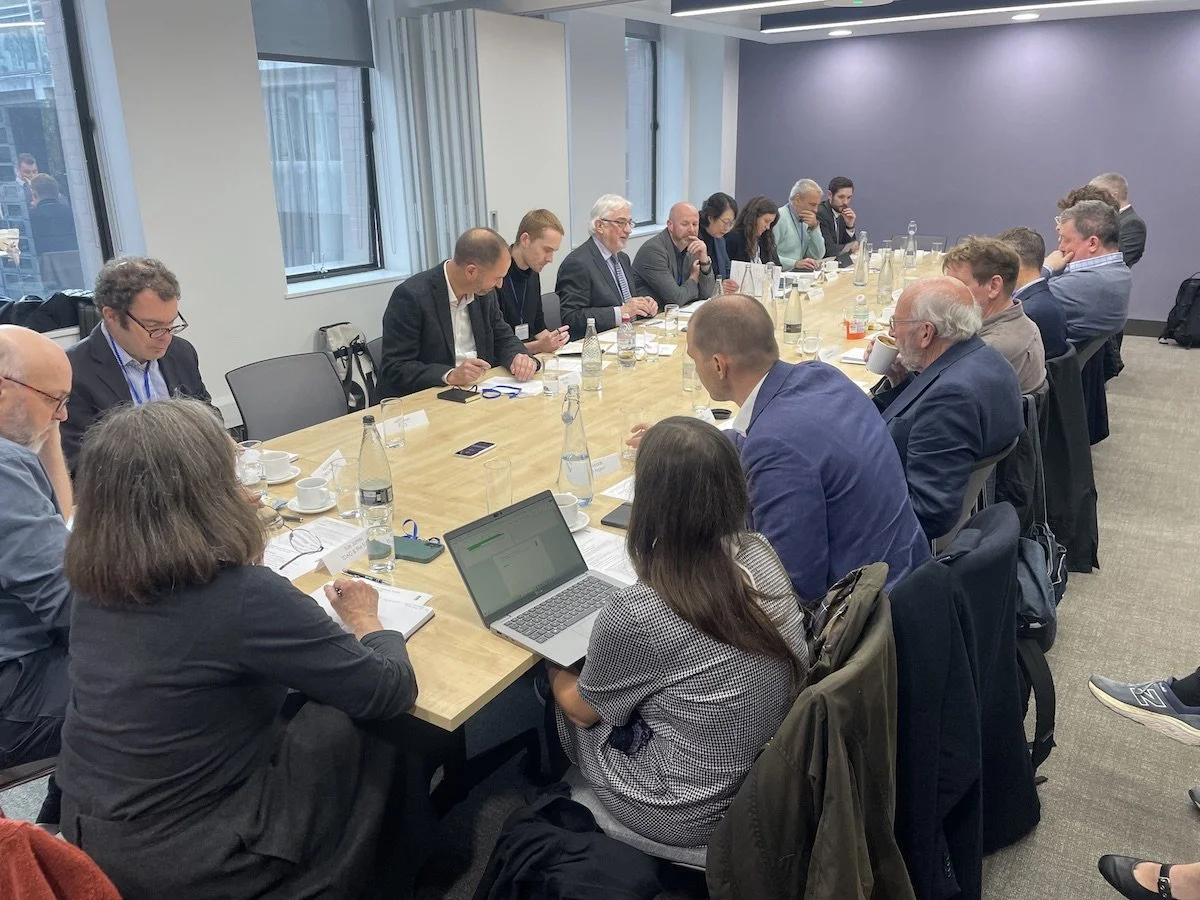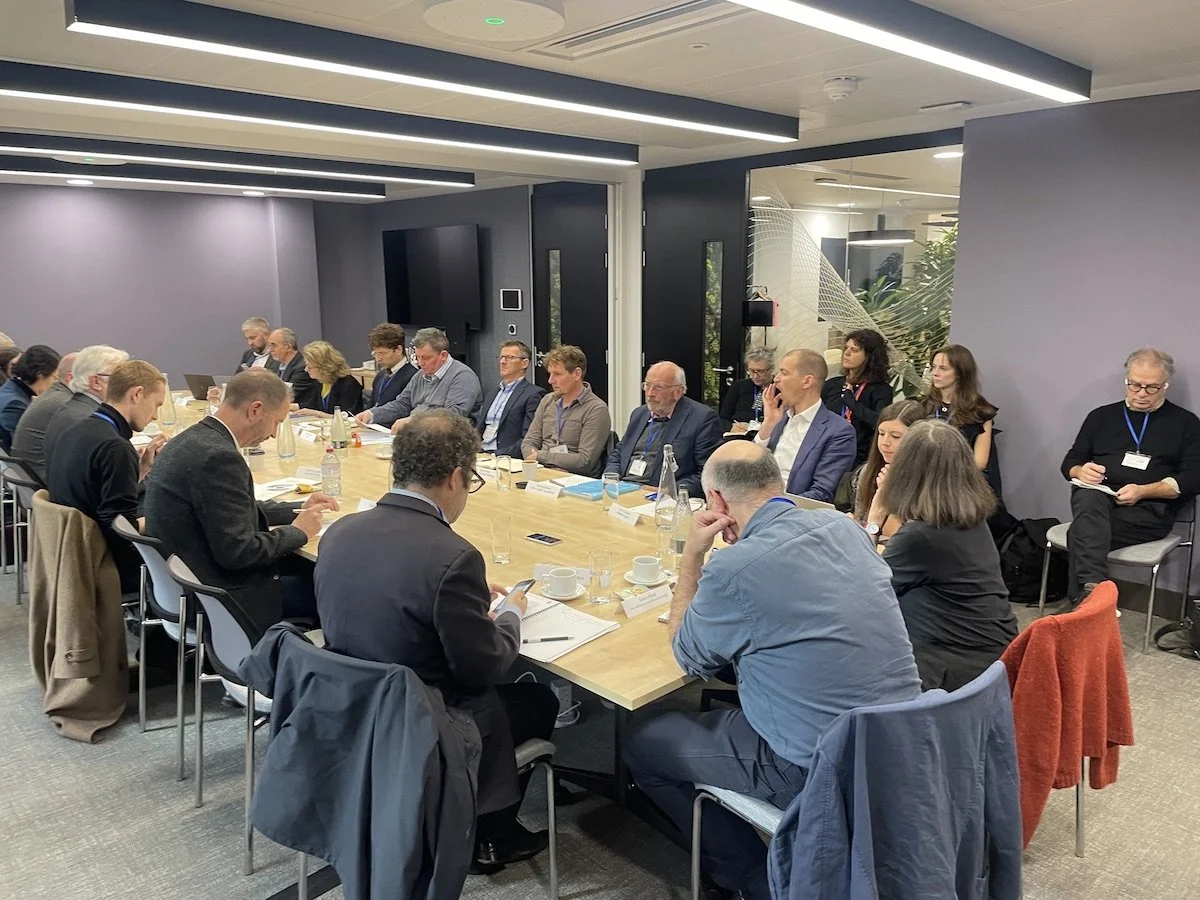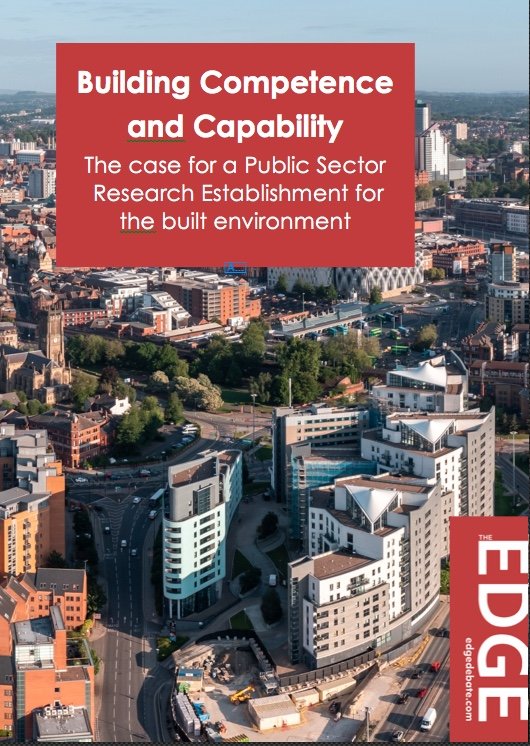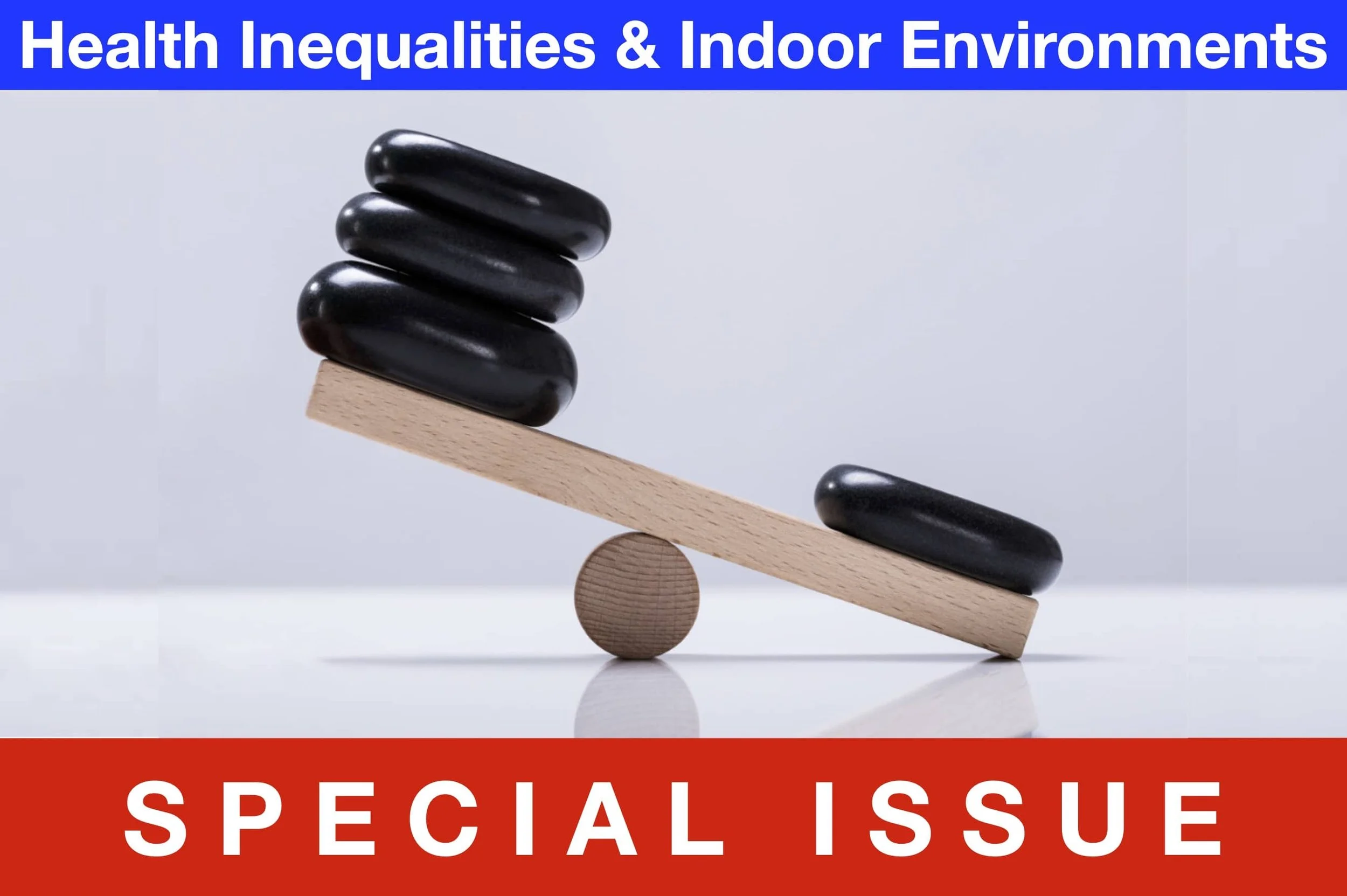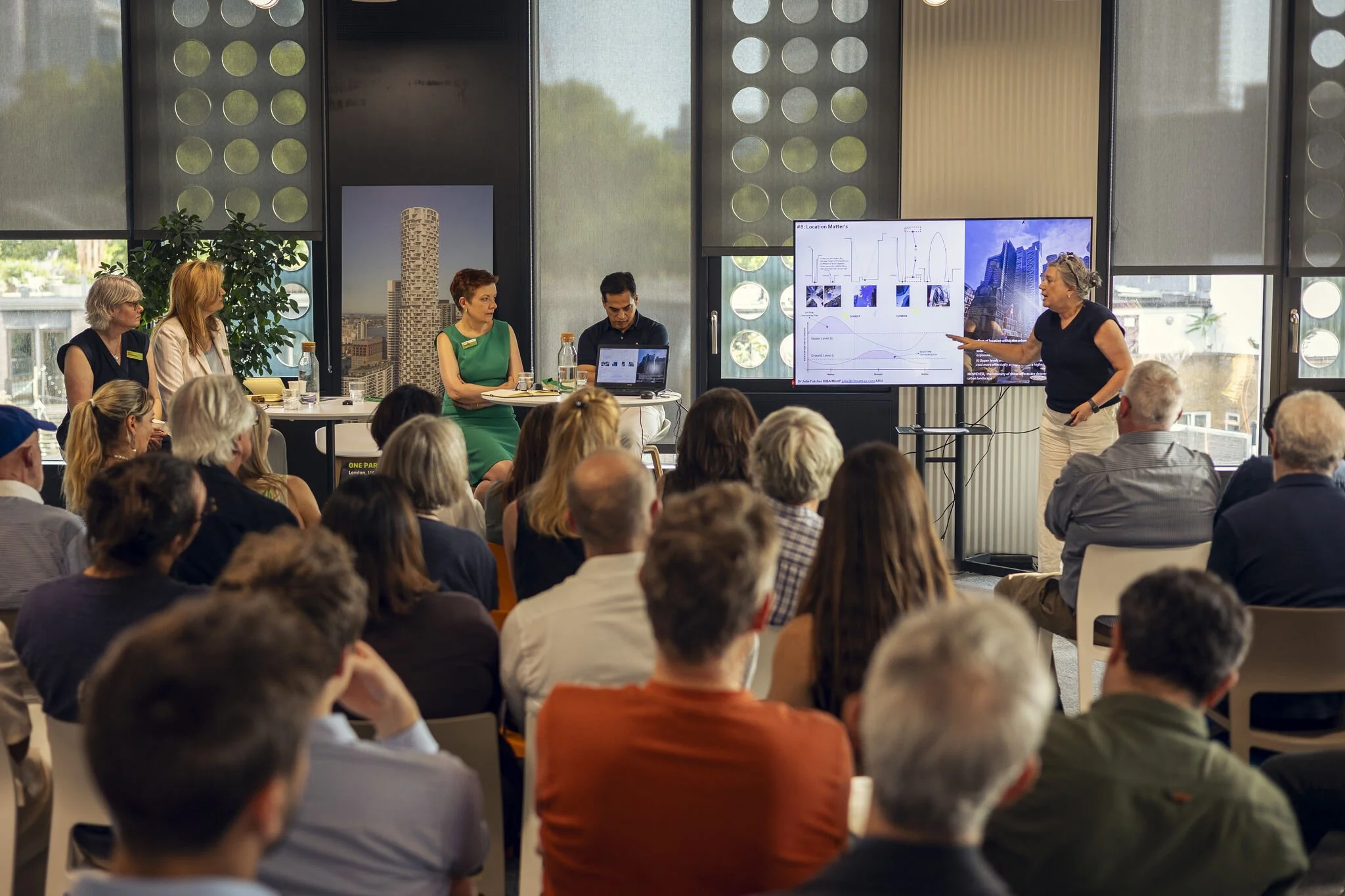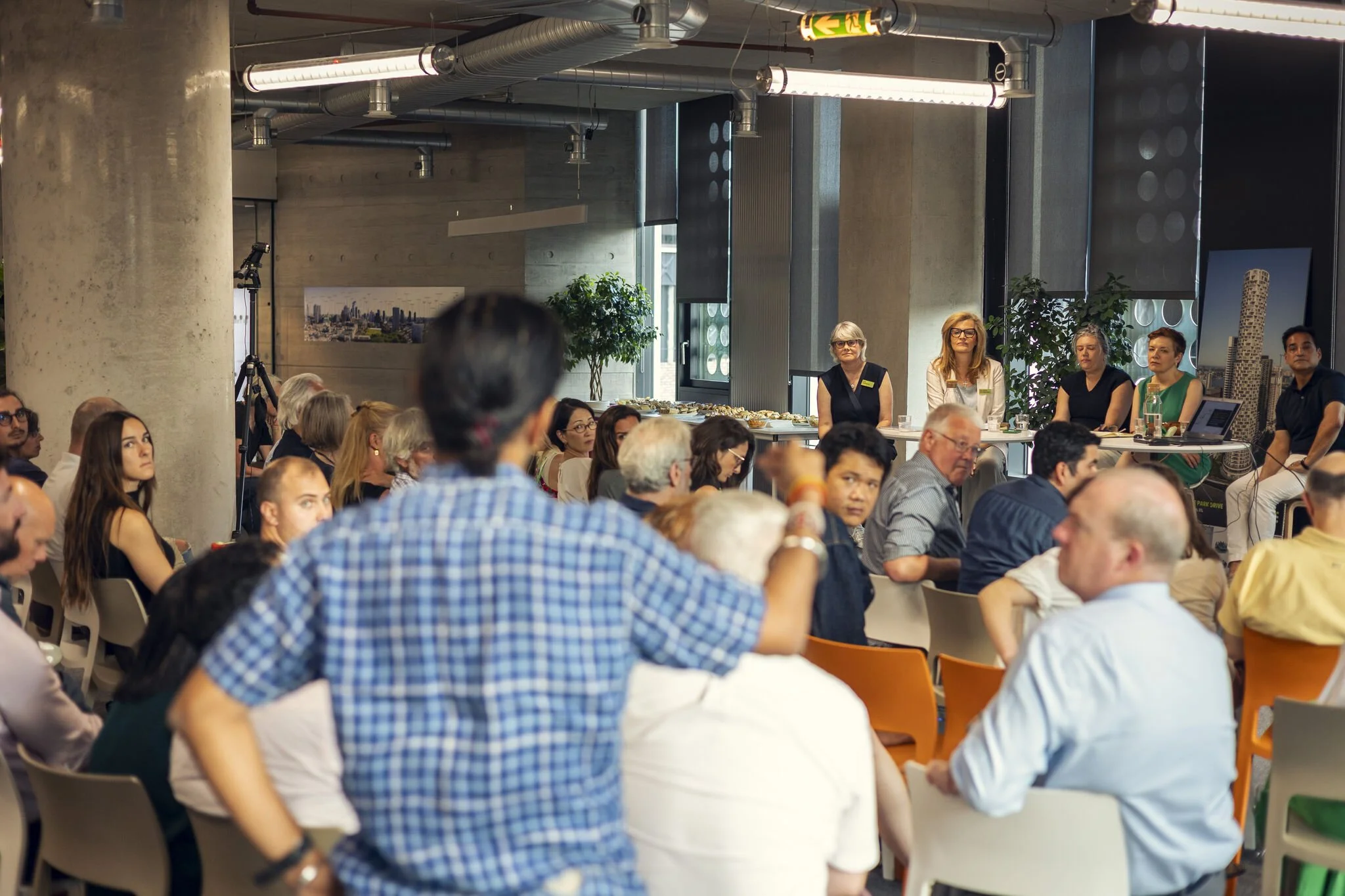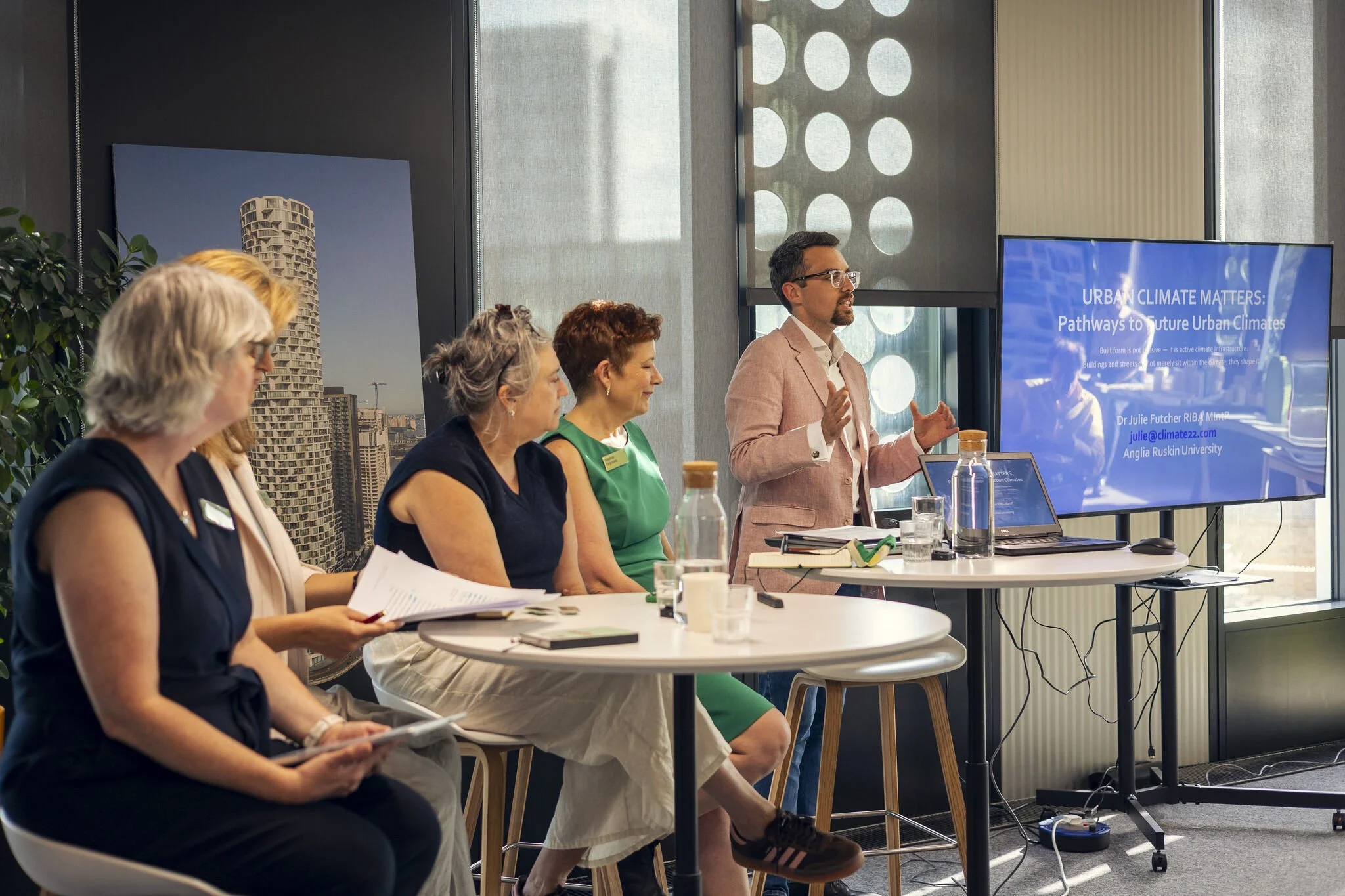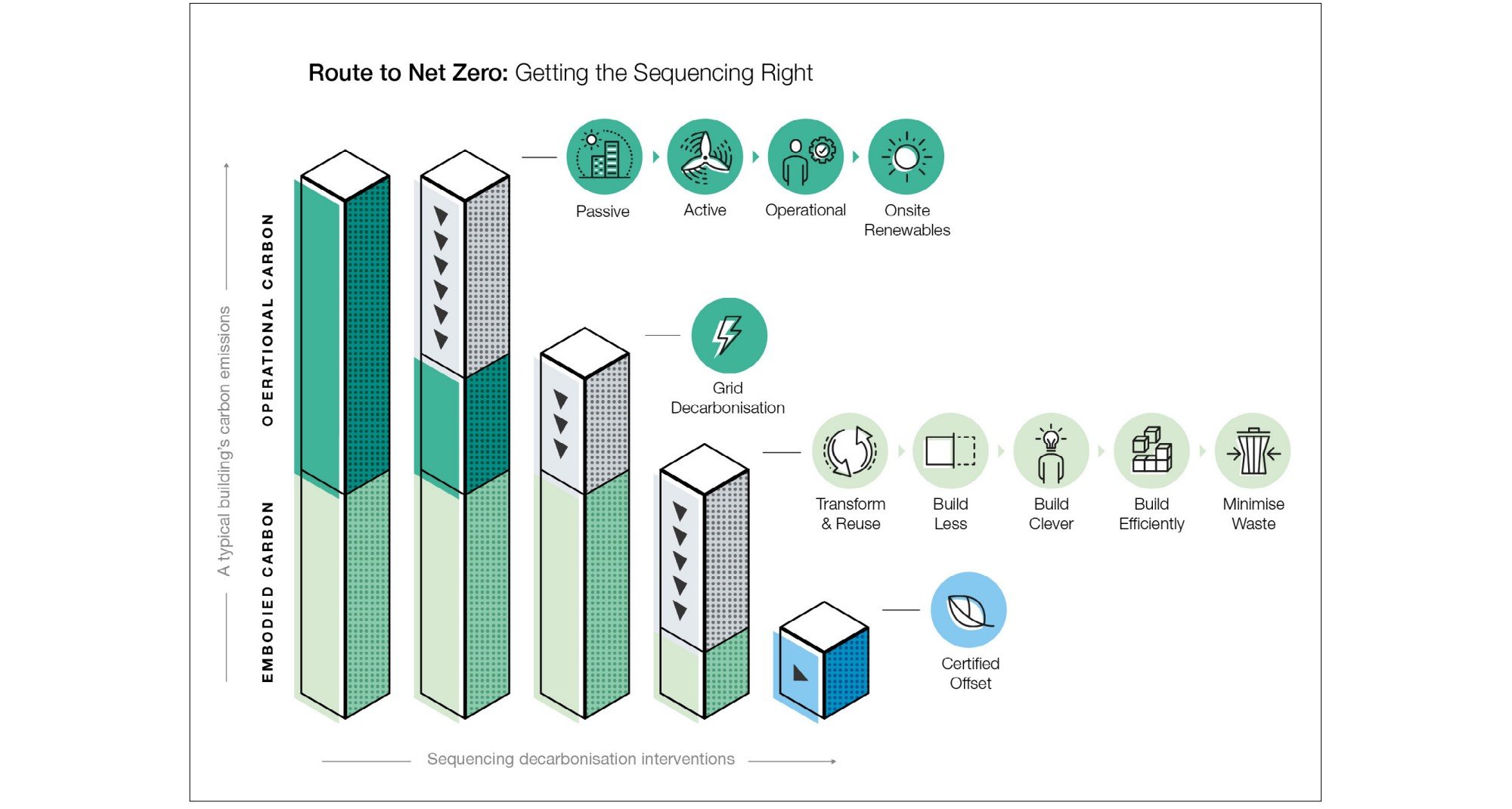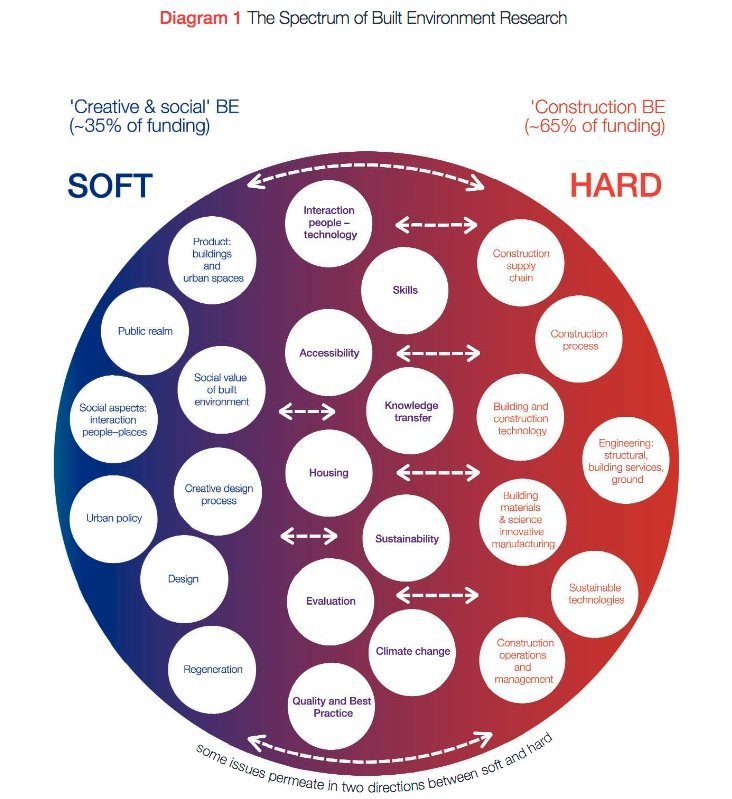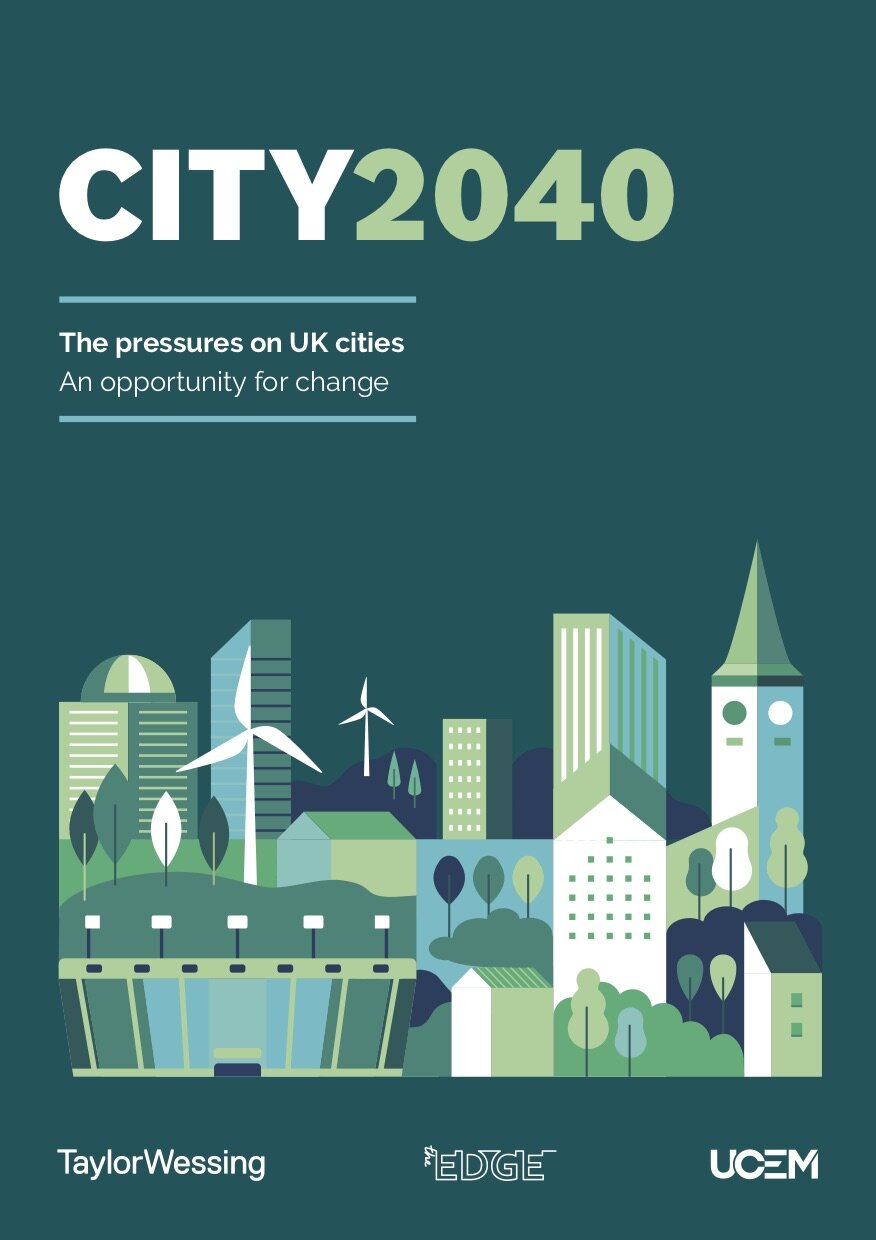Edge Debate 189: Competence - What is it good for? - 20th January 20
Professional competence has been seriously called into question following the Grenfell Tower disaster, where the specification of safety-critical systems was compromised by insufficient knowledge, lack of clear responsibilities and ambiguous regulations.
Construction professionals and their institutions are being challenged to ensure this does not happen again and competence has become the main focus for achieving change.
Simultaneously the UK’s regulatory system is being rethought by Government – for buildings/structures and professionals alike. Both may result in more prescription and less discretion and autonomy, as well as greater reliance on expert systems and AI.
For a long time the professions working in the built and natural environment have been becoming more specialised and less generalist, potentially leaving them without the wider competences to identify and head off potential problems and interconnected risks.
This debate asks whether the professions are doing enough to respond to changing circumstances or might the current system of professionalism be replaced by a new, less welcome regime?
Chair: Richard Harral, Chief Executive, CABE
Speakers:
Michael Woodrow, Department of Civil, Environmental and Geomatic Engineering at UCL
Neesha Gopal, Facade Specialist, Foster and Partners
Katy Turff, Deputy CEO, Engineering Council
Jon Vanstone, Chair of Industry Competence Committee, National Home Improvement Council and Certass
Venue: Arup, 8 Fitzroy Street, London W1T 4BJ
Time & date: 17.30 for 18.00 – 20.00, 20th January 2026 (in person only)







